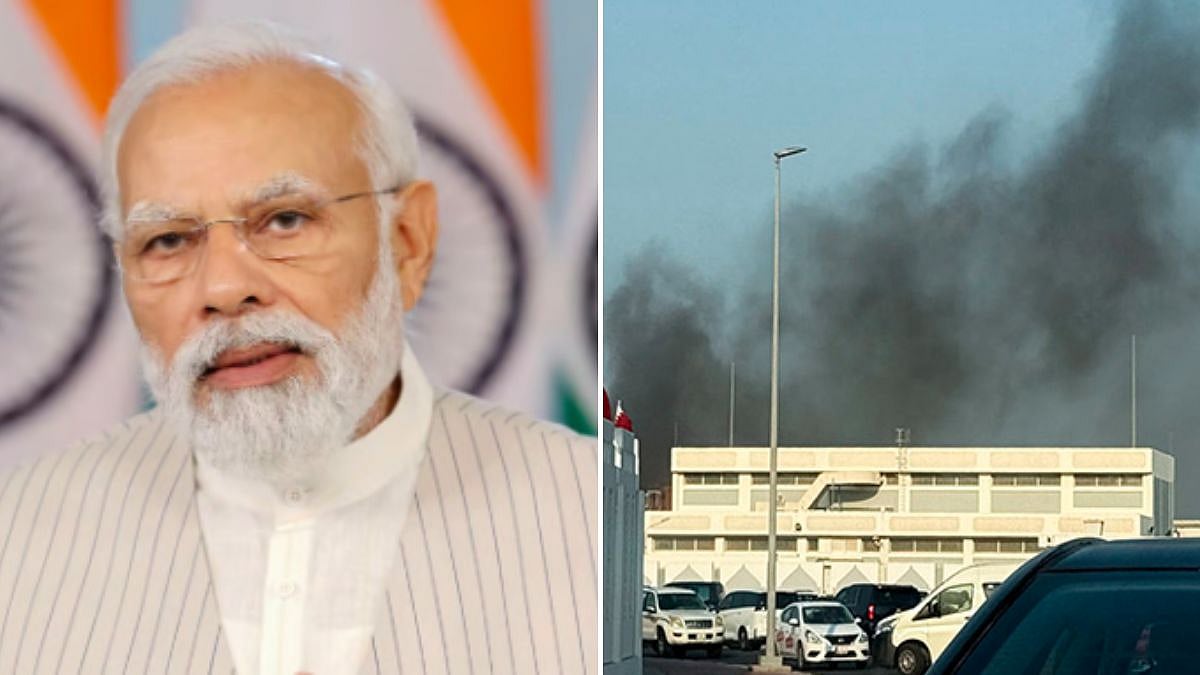The World Health Organization announced on Friday that COVID-19 no longer constitutes a global health emergency. This significant development marks a major milestone towards the eventual end of the pandemic, which has caused the deaths of over 6.9 million individuals, caused widespread economic disruption, and devastated communities worldwide.
WHO Director-General Tedros Adhanom Ghebreyesus said: "Yesterday, the Emergency Committee met for the 15th time and recommended to me that I declare an end to the public health emergency of international concern. I've accepted that advice. It's therefore with great hope that I declare COVID-19 over as a global health emergency."
On January 30, 2020, the World Health Organization's emergency committee initially classified COVID as a top-level alert. This status served to bring global attention to the health threat and promote collaboration on vaccine and treatment development.
The lifting of this classification signifies the progress made in these areas. However, the WHO has emphasized that COVID-19 is still a present and ongoing issue, despite no longer being considered a global health emergency.
According to WHO data, the mortality rate has decreased from its peak of over 100,000 fatalities per week in January 2021, with the number declining to just over 3,500 in the week ending on April 24.
"However, that does not mean COVID-19 is over as a global health threat," said Ghebreyesus.
While the World Health Organization began using the term pandemic for COVID-19 in March 2020, it does not officially declare the start or end of pandemics.
Last year, the President of the United States, Joe Biden, declared the pandemic over. Like several other nations, the largest economy in the world has started to lift its domestic state of emergency for COVID-19, which entails discontinuing payments for vaccines and related expenses.











